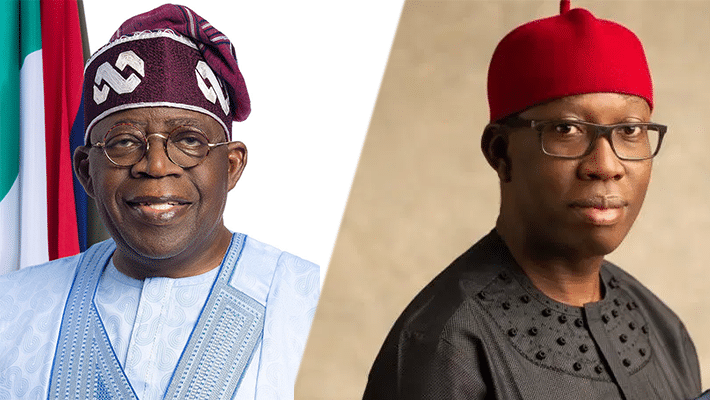Emergence of Nigerian Political Opposition Coalition

Nigeria's political landscape is abuzz with the formal unveiling of a new opposition coalition, which has adopted the African Democratic Congress (ADC) as its official platform to challenge the ruling All Progressives Congress (APC) in the 2027 general elections. This development follows months of covert meetings among prominent political figures, signaling a concerted effort to create a formidable alternative to the incumbent government.
Key figures at the forefront of this emerging coalition include former Vice-President Atiku Abubakar, former Labour Party presidential candidate Peter Obi, former Kaduna State Governor Nasir El-Rufai, and ex-Rivers Governor Rotimi Amaechi. Former Senate President David Mark has been appointed interim National Chairman of the ADC, alongside former Osun State Governor Rauf Aregbesola as interim National Secretary. Other notable members include former Attorney-General Abubakar Malami and former Imo State Governor Emeka Ihedioha, both of whom have formally exited the APC and Peoples Democratic Party (PDP) respectively to join the ADC.
The coalition's stated objective is to address what its leaders perceive as Nigeria's crumbling democracy and pressing national issues like insecurity, poverty, and hunger. David Mark emphasized that the coalition is not merely about gaining political power but about rebuilding the nation's foundations and preventing a descent into a one-party state, which he suggested the APC is attempting by destabilizing opposition parties. Rotimi Amaechi, who recently dumped the APC for ADC, stated his willingness to serve a single four-year term if elected president, advocating for power rotation and stability. He also criticized the Tinubu administration, asserting it is less effective than former President Buhari's government in areas like security and INEC independence.
Peter Obi has also publicly committed to the coalition's adoption of ADC, emphasizing the need for competent, capable, and compassionate leadership that prioritizes Nigerians' welfare. His involvement, however, has triggered internal discord within the Labour Party, with the Julius Abure-led faction issuing a 48-hour ultimatum for Obi to resign, accusing him of anti-party activities. Conversely, the Senator Nenadi Usman-led faction has reaffirmed its full support for Obi's coalition efforts, dismissing the ultimatum as baseless.
Reactions from the ruling APC have been swift and critical. Special Adviser to the President on Information and Strategy, Bayo Onanuga, and other APC spokespersons have dismissed the ADC coalition as a 'hollow alliance' of 'disgruntled politicians' and 'desperados' driven by personal ambition and bitterness rather than ideology. They argue that the coalition lacks structure and substance and is destined to fail, asserting that it cannot be compared to the APC's 2013 merger, which was driven by selflessness and national interest. Nyesom Wike, the FCT Minister, a PDP member closely allied with the APC, also vehemently challenged the coalition leaders' credentials, accusing them of seeking power out of anger and personal grievances. The ADC, in turn, has accused Wike of being 'jittery' due to the coalition's growing threat to the government he serves.
Meanwhile, the PDP's National Working Committee has clarified that it has not taken an official position on the coalition, despite some of its prominent members joining. The party stated its focus remains on internal unity and preparations for its national convention, while remaining open to collaborating with like-minded citizens. Internally, the ADC itself faces challenges, with its former National Publicity Secretary, Dr. Musa Isa Matara, and 2023 presidential candidate, Dumebi Kachikwu, warning of unresolved legal issues and accusing the new entrants of attempting to hijack the party. Kachikwu called the coalition members 'enemies of Nigeria' and 'political merchants,' questioning their sincerity given their past roles. El-Rufai acknowledged the risk of APC infiltration and revealed a strategic backup plan to potentially register an entirely new political party if the ADC becomes destabilized.
This political maneuvering highlights familiar patterns in Nigerian politics, with debates over zoning, one-term presidencies, and the perennial question of whether new coalitions can genuinely offer a fresh start or merely recycle 'old heads' with 'new headaches.' The opposition's commitment to internal democracy and unity will be crucial in determining its credibility and success as it navigates the complex path to the 2027 general elections.









